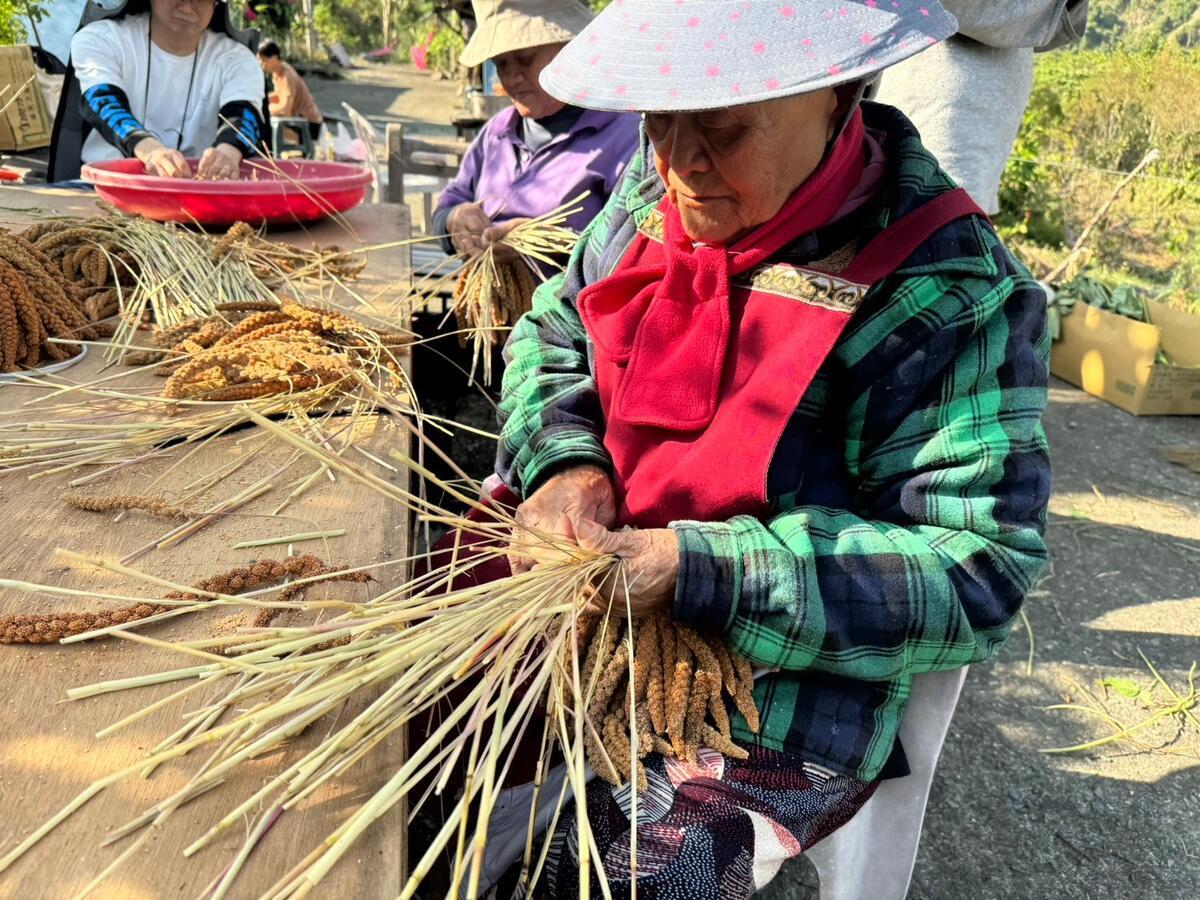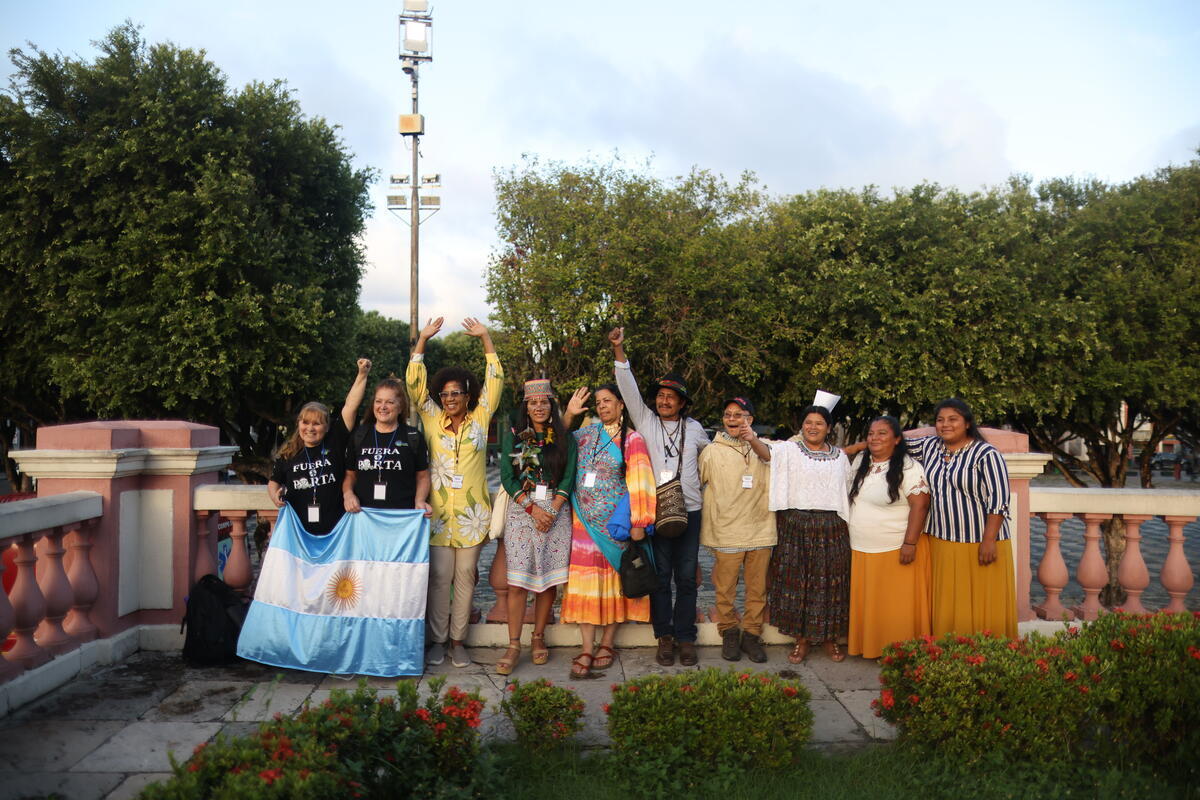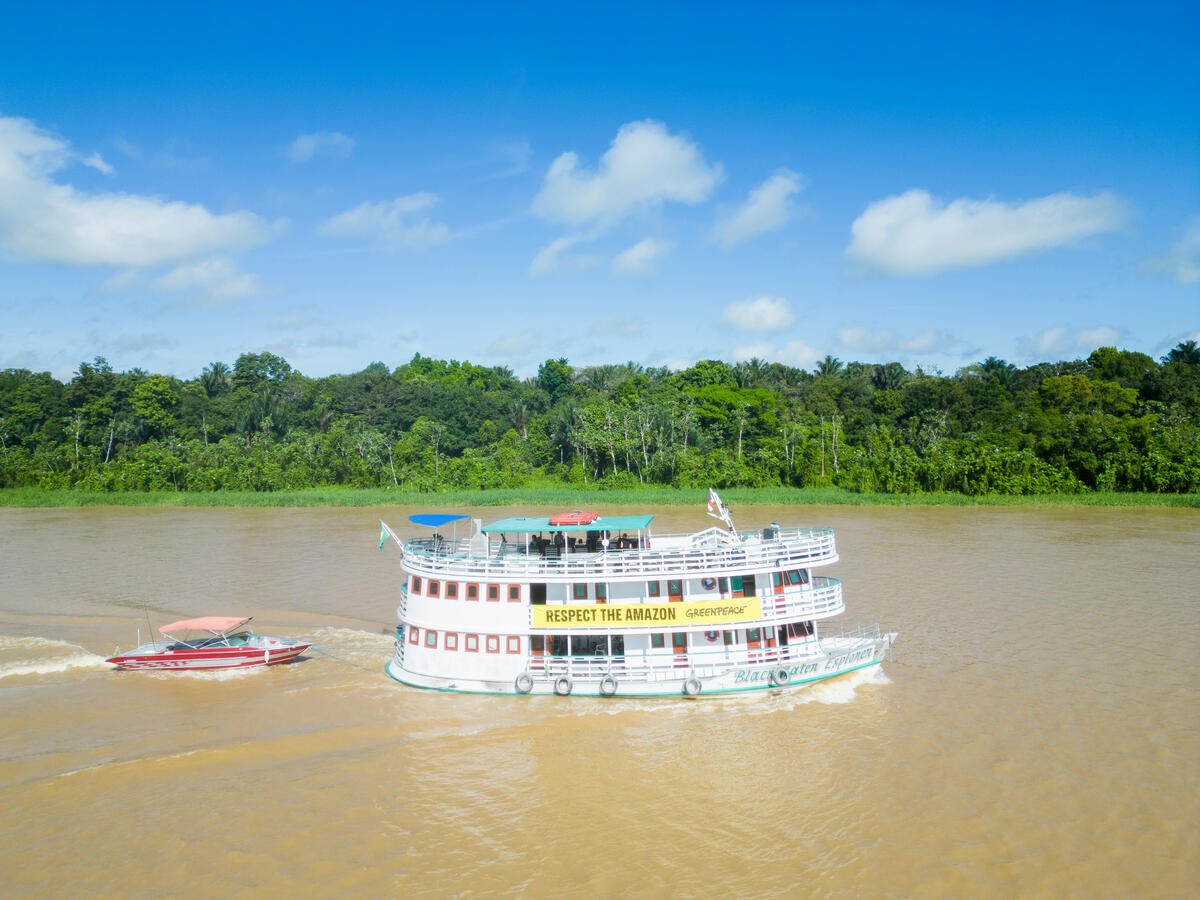Our lives revolve around food. It’s part of our cultures and our heritages, and our social interactions are often centered on it. Yet, it’s a privilege to be able to have meals every day. Even though the world produces more than enough food to feed everyone, 811 million people still go hungry. Poverty and inequality are two of the main reasons why that still happens, but besides that, there is a powerful element in our food production system that doesn’t only impact what, how and if we eat, but also affects our health and the health of our planet: industrial agriculture.
Industrial agriculture is the large-scale production of animals like cows, pigs and chickens, and crops such as palm oil, soybeans and corn. Heavily dependent on the use of chemical fertilizers and pesticides, and often run by large, multinational corporations, the practice is harmful to the environment and is frequently linked to violence and human rights abuse.
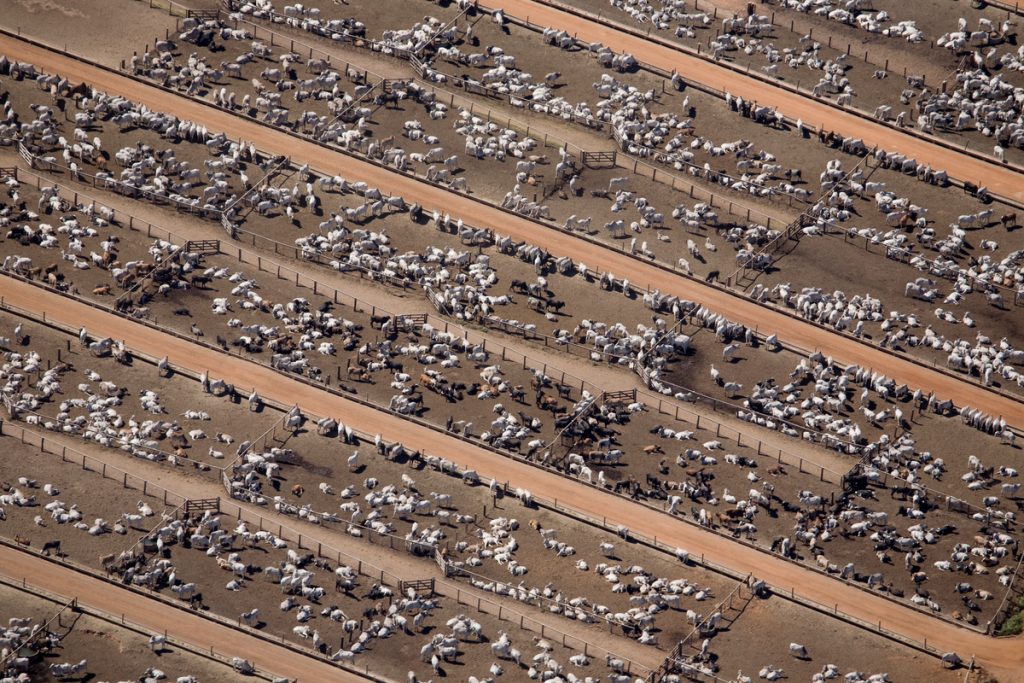
Here are four myths about industrial agriculture that keep us from fixing our broken food system:
Myth: Industrial agriculture feeds the planet
Industrial agriculture companies have planted in society the idea that producing low-quality food at large scale is the solution to feed the planet. But if that was the case, why are so many people still going to bed hungry? The reason is that, to the agriculture industry, food is not only food, it’s a commodity. A product with a price and profits attached to it, regardless of being eaten or not, and by who it’s being eaten.
Currently, industrial agriculture takes up 26% of all land on earth to produce food – livestock and livestock feed. A vast amount of land is actually used to grow food to feed pigs, chickens, and cows. In fact, it takes more land to feed animals than to feed people. Ninety percent of all the soy produced in the world is used to feed livestock. If that land was used to grow food for humans instead, and if governments invested in small, local producers, food would be cheaper and more accessible to everyone.
Myth: Our current food system is sustainable
When we think about the climate crisis, images of fossil fuel refineries, coal plants and air pollution come to our minds. But fossil fuels companies are not the only ones responsible for the current situation of our planet. Animal production accounts for 19% of greenhouse emissions globally, and according to the latest IPCC report, methane accounts for almost half of those emissions. And that’s not the only threat industrial agriculture poses to the global climate. Agricultural production accounts for 80%of all deforestation in the world.
Forests, grasslands, wetlands and other vital ecosystems are being wiped out to make way for cattle farms and massive fields to produce commodities like soy and palm oil. When forests are destroyed, they not only release a vast amount of CO2 into the atmosphere, they also lose their ability to intake it. To keep our planet’s average temperature below 1.5ºC and avoid the worst effects of the climate crisis, we need to stop destroying forests, protect the ones standing and restore what has been lost.
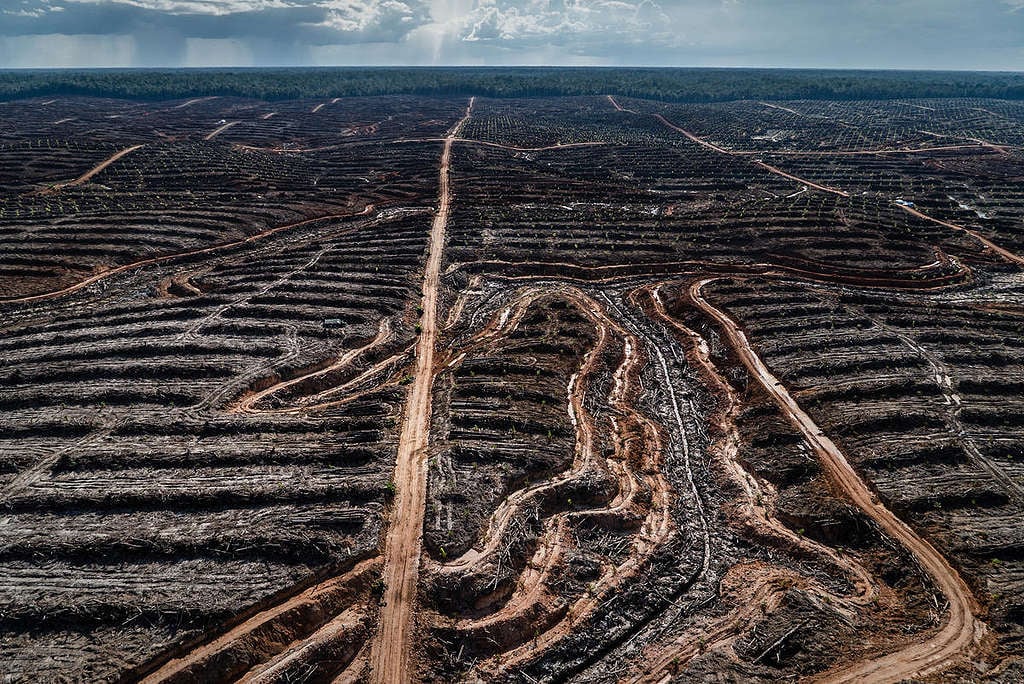
Myth: Companies and governments are really “going green”
Companies and governments have been making empty promises to stop deforestation and restore forests for years, but until now, almost nothing has been done. Corporations like Cargill, Nestlé and Mondelez, and all other members of the Consumer Goods Forum, promised to clean deforestation from their supply chains by 2020. Well, it’s 2021 and we’re still seeing vast amounts of forests being wiped out to be turned into food commodities. Some of those same corporations endorsed the New York Declaration on Forests along with world leaders, aiming to cut deforestation in half also by 2020. Last year, NYDF released its assessment and, instead, found forest loss increased rather than halved. Yet, we see more and more companies with greenwashing ads and proposing false solutions such as carbon offsets, zero-deforestation, and net-zero carbon emission targets that are unrealistic ways to tackle the climate crisis accelerating before our eyes.
Myth: Pesticides are not a risk to our health
Not too long ago, all food was organic. All food was locally sourced. But since food started to be produced at large scale and with the use of pesticides, local, organic and healthy food has been repackaged as a luxury, while industrialized food has become the default. But food should not come at the expense of our health. Several pesticides used in industrial agriculture are linked to diseases like cancer and premature mortality. Governments must regulate what corporations are using on their crops, and companies must stop putting profits over people’s lives and provide healthy, high-quality food accessible for everyone.
The reality of industrial agriculture
Now that we’ve exposed some of the myths about the corporate, climate-destroying food system, let’s look at the reality we’re facing. For the sake of our health and the health of our planet, our food system needs to change. We can’t continue destroying forests to make way for vast fields of monoculture and livestock. We must drastically reduce our meat production and consumption, and invest in plant-based alternatives that are healthy and that people can afford. And it’s not like we don’t know the solutions already. Indigenous Peoples have the knowledge to live in harmony with the land and grow food ecologically, but instead of listening to them, companies and governments have been putting their rights, their land, and their lives at risk for generations.
All over the world, small farmers have been growing food and feeding people in an ecological and sustainable way, but are pushed by big corporations that want to make a quick profit off the planet. We can’t continue to let this happen. We must demand world leaders take the climate and food crises seriously and fix our broken food system of commodities.

